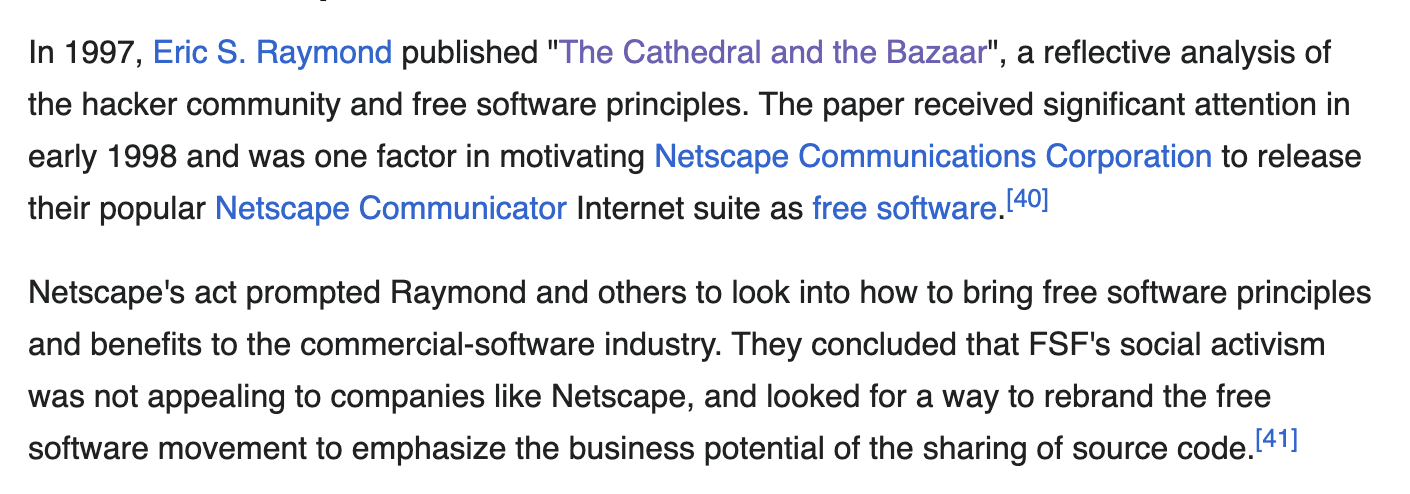New public release of Apptron, a local-first IDE and Linux environment.
github.com/tractordev/apptron/releases/tag/v0.5.0
Apptron is the first of a new category of general-purpose compute platform with over 5 years of R&D behind it. In these early releases, Apptron is starting out as a humble, local-first IDE. It is a development environment powered by Wanix , a new Plan 9 inspired runtime for WebAssembly, which allows you to run Wasm and x86 programs in a full Linux environment that works entirely in the browser without cloud compute.
Interesting but also very vague. Maybe worth looking at again in a year or so.
Yes, it just got out of closed beta, but I don't spend enough time at the OS level to dream up my own use case. Since there's been very minimal write-up / dissemination work, my sense is that the entire community is folks who've hacked on Apptron with nonzero success. This impresses me.
